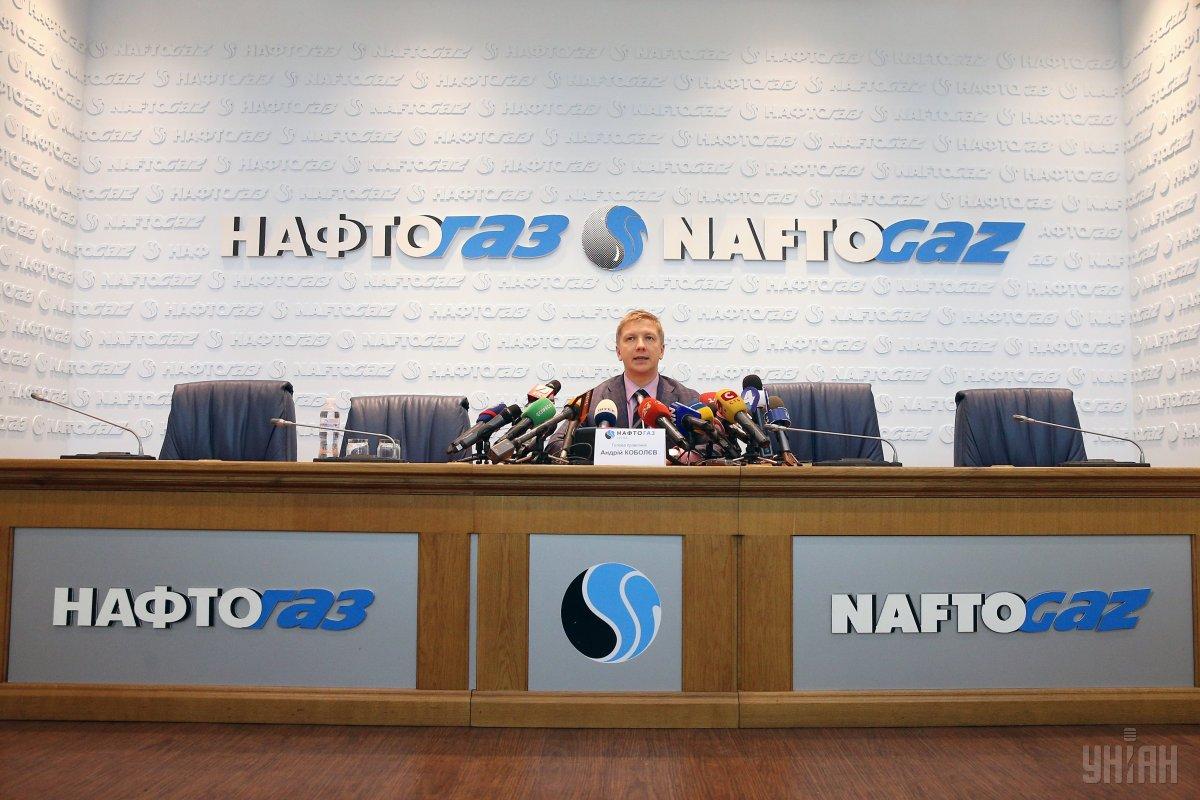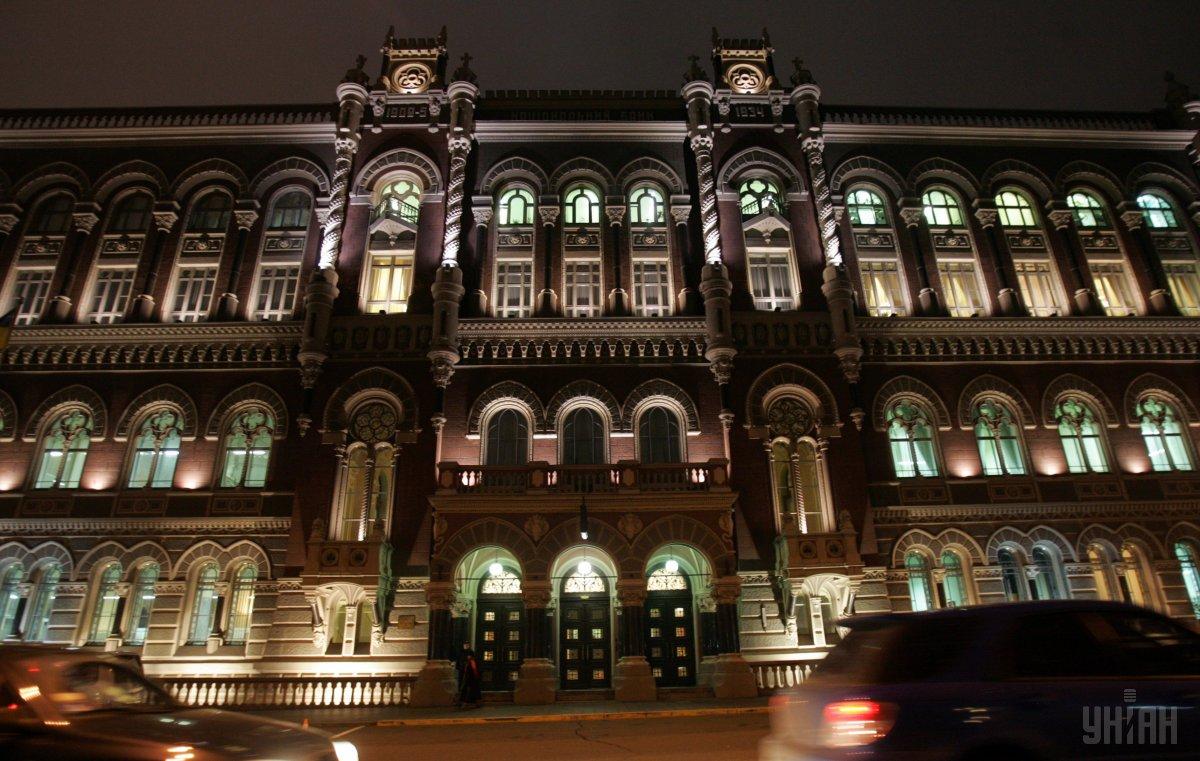
Week's balance: markets calm following first round of elections, gas tariffs down, promises voiced of new forex easing
As the country's financial markets retained their calm following the first round of presidential elections experts expect this trend to prevail with any outcome of the runoff; the Cabinet of Ministers instructed Naftogaz to reduce the gas price for the households, while the National Bank promised another wave of forex liberalization - these are the main economic developments of the outgoing week.
This week has become a time of reflection on the results of the first round of presidential elections. The outcome shows that the frontrunner is actor and showman Volodymyr Zelensky, who has no experience in politics. His rival in the second round will be Petro Poroshenko, the incumbent president. And although the new round of electoral struggle has somewhat heightened public tensions, financial markets remained calm even given the probability of a power shift.
“The hryvnia is seeing normal dynamics – it is getting stronger. The mood in foreign markets is generally good. Investors and partners of Ukraine are taking the news well because they were most afraid of the victory of Yulia Tymoshenko,” Serhiy Fursa, an expert with Dragon Capital, said on Monday when the hryvnia rate somewhat rose. On the first working day after the first round, the national currency of Ukraine strengthened against the dollar in the interbank foreign exchange market by 30 kopiykas, on Tuesday – it changed direction and fell against the dollar by 20 kopiykas, on Wednesday – it swung back, strengthening by 15 kopiykas. On Thursday, the hryvnia got stronger by another 20 kopiykas, and on Friday the growth trend continued.
The absence of panic in the financial market is a good sign, but it does not negate concerns of businessmen and experts regarding the country's economic course in the event Zelensky wins. Although it is the government that is responsible for economic policy in the country with the support of the National Bank and other key agencies, the role of the president in its formation has always been decisive. At least it was, until recently.
Until now, neither the opponents nor the supporters of the young candidate have a clear idea on many issues of a strategic nature. From those little bits on information that have been voiced by Zelensky himself or a narrow group of his advisers, one can recall the promise not to sever relations with the key creditor, the International Monetary Fund, and not to initiate the resignation of National Bank governor Yakiv Smolii.
The ongoing uncertainty, of course, is a matter of concern to Ukrainian and foreign businesses. However, at this stage, no one makes any sudden moves. Moreover, according to chief analytics at Concorde Capital Oleksandr Paraschiy, due to Yulia Tymoshenko stopping short of the runoff, interest rates on government bonds have strengthened. "That is why we saw a positive reaction in the international capital market to the results of the first round of the presidential election - on Monday, interest rates on all government bonds fell by 0.15%,” he explained.
The forecasts of Ukrainian bankers regarding the developments in the financial market are also quite optimistic. “We don't foresee any special disasters in our macroeconomic outlooks. Traditionally, in the first half of the year, the hryvnia strengthens. We expect a slight weakening of the hryvnia in the second half. If Ukraine maintains peace and calm, that is, there is no escalation of external aggression, and democratic elections are held, there is no reason for concern,” Roman Shpek, head of the board of the Independent Association of Banks of Ukraine, believes.
In turn, senior analyst of Raiffeisen Bank Aval, Mykhailo Rebryk, noted that the coming to power of the new president as a result of the election will not entail an outflow or influx of capital. “Investors will look closely at his moves, and therefore there will be no rush of capital inflows. But we don't expect a large-scale capital outflow, either. Before the parliamentary elections, the political situation should not have a strong influence on the market,” he predicts.
At the same time, Fursa believes that Zelensky's victory in the presidential elections without stable support in parliament could turn into problems with the key creditor of Ukraine, the International Monetary Fund. “To continue cooperation with the IMF, the program must keep being implemented, and to this end, the president must push the necessary laws through parliament. Considering that in case Zelensky wins, we will see a slight semblance of chaos in the near future, the implementation of some unpopular steps is unlikely. Accordingly, the implementation of the current program with the IMF could be very passive,” he predicts. The expert believes that the markets have not yet understood this and therefore show a positive trend, but if fears are confirmed, this dynamic may become diametrically opposite.
In turn, Hennady Riabtsev, a researcher with the National Institute for Strategic Studies, is not so sure of rapid and dramatic changes if Zelensky is elected. “In the internal energy policy of Ukraine, with the election of a new president, nothing will change yet, since we still have a parliamentary-presidential republic, and all changes are possible only if the Rada composition changes significantly. And this will happen no earlier than in 2020,” he said.
Reducing gas prices for consumers

On the background of the electoral process, economic life should go on, the government decided at its April 3 meeting, and made a number of important economic decisions. In particular, the Cabinet of Ministers of Ukraine allowed Naftogaz to set the price for gas for the households below the max limit of UAH 8.55 per cubic meter.
“Earlier, Naftogaz said they could sell gas below UAH 8.55. I fully support this. The cheaper they sell, the better,” said Prime Minister Volodymyr Groysman.
The government was forced to take such a step after Naftogaz CEO Andriy Kobolyev in mid-March announced that the price of gas in the European market fell below the cost of gas for the households in Ukraine, which the Cabinet of Ministers set on October 19 of last year. At the same time, he said that Naftogaz had offered the government to cancel the regime of special obligations so that people would have the opportunity to choose a supplier offering the best price, as is happening now in the market of industrial consumers.
It should be noted that on the eve of the government’s decision, Naftogaz reduced the April price for its household customers in some regions by 2%. Thus, the final price of gas for such consumers is UAH 8.38 per cubic meter instead of UAH 8.55. However, not everyone was so lucky. It's only about those who turned down contracts with regional gas distribution companies and entered into a direct contract with Naftogaz.
In addition to gas issues, the government approved a decree set to speed up the review of outdated construction codes in industry and transport. According to the Deputy Minister of Regional Development, Construction, Housing and Utility Services of Ukraine Lev Partskhaladze, this will streamline, systematize and thereby speed up the review of outdated industry standards in construction – building codes and regulatioons.
Also, at its meeting, the Cabinet approved the concept of development of Carpathians' mountainous areas in Zakarpattia, Ivano-Frankivsk, Lviv, and Chernivtsi regions. According to Vice Prime Minister Hennady Zubko, the concept contains the road map, which will bring closer the implementation of the EU strategy for the Carpathian region and give impetus to a new level of development of mountain areas.
New wave of forex liberalization

In the outgoing week, the National Bank announced new steps to ease foreign exchange regulations. Thus, the regulator plans to cancel the mandatory sale of currency, restrictions on the repatriation of dividends and the issuance of loans in the national currency for currency purchase.
“We have identified the main priority restrictions that we plan to remove. These are the restrictions that have a negative impact on the business climate – exim transactions and foreign direct investment,” said NBU Deputy Head Oleh Churii.
At the same time, he noted that the banks themselves are not in a hurry to simplify currency supervision of customers' forex transactions in accordance with the new currency law effective February 7.
The reason for this, according to Churii, is high requirements for financial monitoring and fears of being subject to sanctions for non-compliance with these requirements. “For banks, in fact, this is quite a big challenge – a complete change of philosophy. They need to understand the business of their client, what they do, with whom they work. The problem is that, on the one hand, banks have got some freedom from the point of view of supervision. On the other hand, they have a huge responsibility,” he said.
At the same time, Churii recalled that in recent years the NBU would fine banks for violating the requirements for financial monitoring, and, although this was not related to forex transactions, this stirs up banks' fears of falling under sanctions.
At the same time, the prospect of easing forex regulations for the non-bank financial sector remains relatively distant. According to Churii, insurance companies and companies operating in the securities market could expect softening of forex regulations only after adequate supervision has been set up.
The abolition of other restrictions of the National Bank depends on the decision of parliamentarians. In particular, restrictions on investments abroad for companies and individuals. According to Churii, this can be done only after the Parliament adopts BEPS bills to prevent tax evasion.
He says, if these restrictions were removed today, there would be a significant outflow of capital abroad.
Among other important events of the outgoing week, the National Bank reported on the growth of international reserves in March by $413 million, or 2%, to $20.633 billion. This is due to the fact that in March, the reserves received funds from the government-received loan guaranteed by the World Bank for EUR 512 million, as well as funds from the placement of bonds worth $357.1 million, foreign currency bonds worth $159.8 million and EUR 5, 4 million.
The Ministry of Finance also reported on raising state borrowings in the first quarter of 2019 in the amount of UAH 112.9 billion and paying UAH 96.5 billion on government debt. At the end of the first quarter, the national debt was reduced to UAH 1.859 trillion from UAH 1.860 trillion at the beginning of the year.
As recalled in the press service of the Ministry of Finance, 2019 is the peak of debt payments after the restructuring of 2015, and debt payments are planned in the amount of UAH 458 billion.
On the last working day of the first week of April, the World Bank downgraded the forecast for real GDP growth in Ukraine in 2019 to 2.7% from 2.9% predicted earlier, and recalled the importance for the Ukrainian authorities to continue the current program with the IMF and upon its completion in March 2020 to get a new program.
World Bank experts drew attention to the fact that Ukraine remains extremely vulnerable to external shocks and changes in commodity prices due to the incomplete structural transformation of the economy. At the same time, in the next three years - 2019, 2020 and 2021 - our country needs about $11 billion a year, or 8% of GDP, to repay public debt and finance the budget deficit.
Next week, the State Statistics Service will publish data on inflation in March, and after a two-week break, the Verkhovna Rada will resume its plenary sessions.
Oleksandr Kunytsky

